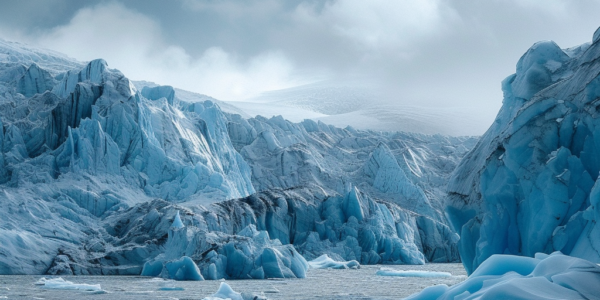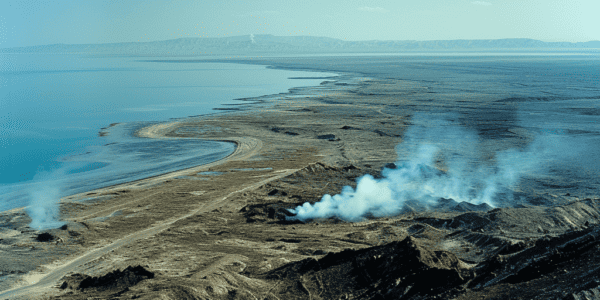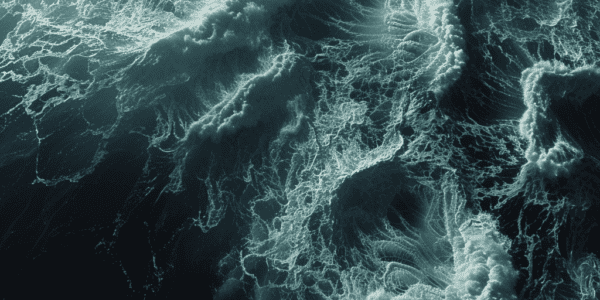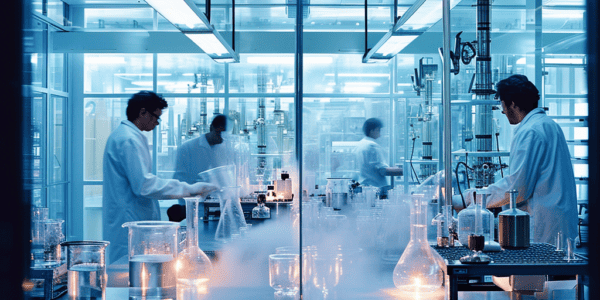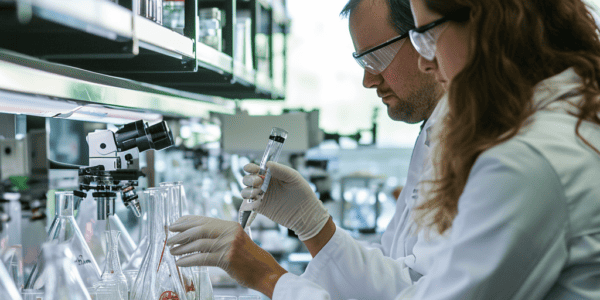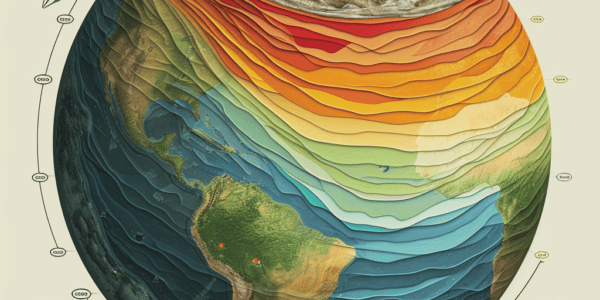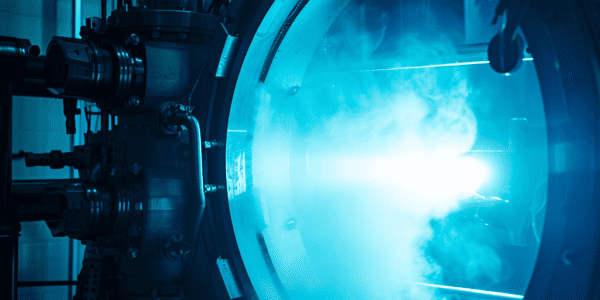Research Suggests Global Decrease in Carbon Dioxide Emissions Caused Earth’s Longest Ice Age
Recent research from the University of Sydney suggests that Earth’s longest ice age, known as Snowball Earth, may have been caused by a global decrease in carbon dioxide emissions. The study sheds light on the significant influence of geological processes on Earth’s historical climate patterns and offers insights into the impact of human activities on carbon dioxide levels in the atmosphere.
Study Shows Global Warming’s Impact on Forest Carbon Uptake
Forests are considered the most effective and abundantly available carbon sinks, capable of storing and sequestering millions of tonnes of carbon dioxide from the atmosphere. A new study from India joins emerging research that challenges this notion, showing that carbon…
NASA’s EMIT mission helps Turkmenistan pinpoint methane leaks
Covering the business and politics of space January 25, 2024 East of Hazar, Turkmenistan, a port city on the Caspian Sea, 12 plumes of methane stream westward. Some of the plumes, detected by NASA’s Earth Surface Mineral Dust Source Investigation…
Research Reveals Southern Ocean’s Role in Global Oceanic Oxygenation
Recent research published in Science Advances sheds light on the role of the Southern Ocean in controlling global oceanic oxygenation during the last deglaciation. The study, conducted by Yi Wang, Kassandra M. Costa, Wanyi Lu, Sophia K. V. Hines, and…
Groundbreaking Discovery: Bottom Trawling Releases 370 Million Tonnes of CO2 Annually
Scientists have made a groundbreaking discovery about the impact of bottom trawling on the environment. The practice of dragging massive nets along the seabed to catch fish has been found to release a staggering 370 million tonnes of carbon dioxide…
ETH Zurich Researchers Unveil Groundbreaking Light-Based Method for Capturing Greenhouse Gases
This week, researchers at ETH Zurich have unveiled a groundbreaking method for capturing greenhouse gases using light. The new process, developed by a team led by Maria Lukatskaya, professor of electrochemical energy systems, utilizes the differences between dark and light…
The Impact of Solid Material Injection into the Stratosphere on Climate Change
As the levels of greenhouse gases continue to rise in Earth’s atmosphere, scientists are exploring various methods to temporarily mitigate the impact of climate change. One such method involves the injection of aerosols into the stratosphere to reflect incoming sunlight,…
Atmospheric CO2 at Record High of 419 ppm Due to Human Activities, Study Finds
Scientists have discovered that the concentration of atmospheric CO2 is currently at a record high of 419 ppm due to human activities, particularly the burning of fossil fuels. This has led to the highest levels of carbon dioxide in the…
New Method Developed to Remove Methane from the Air
Researchers from the University of Copenhagen and spin-out company Ambient Carbon have developed a unique method to remove methane from the air, offering a potential solution to reduce greenhouse gas emissions from sources such as livestock housing, biogas production plants,…

